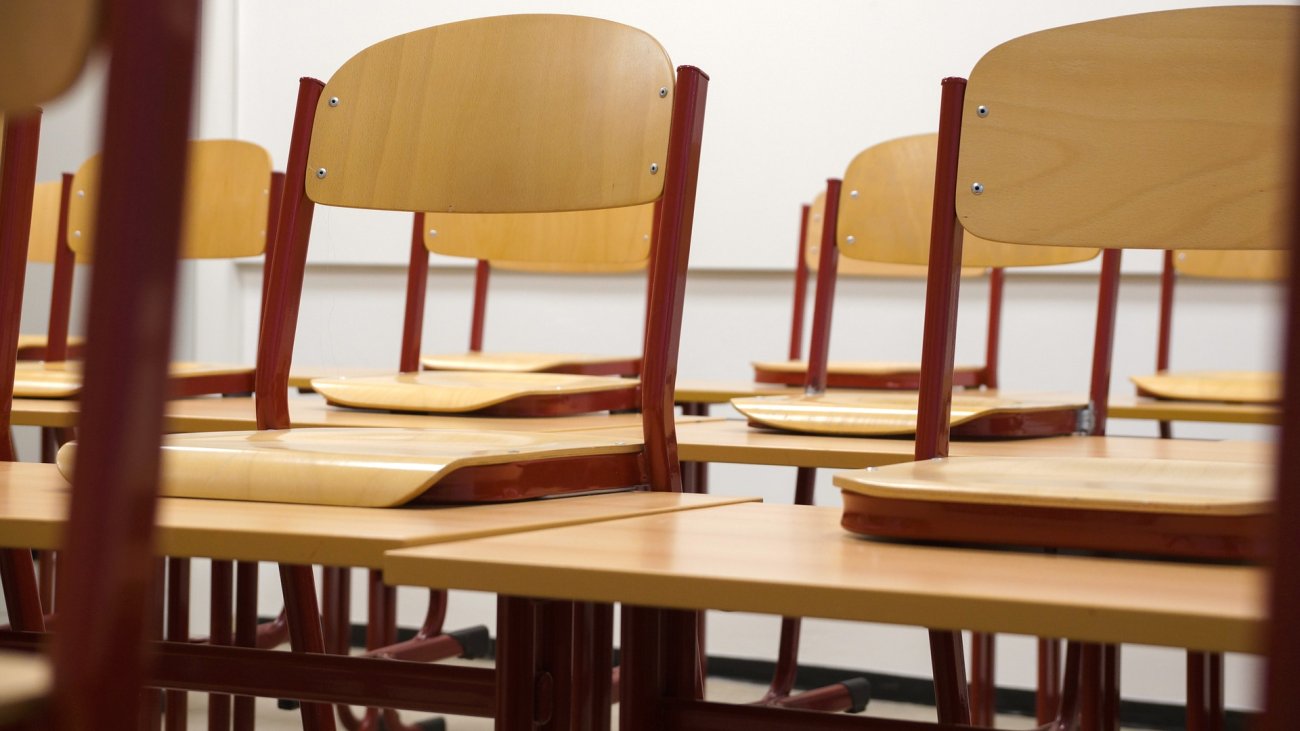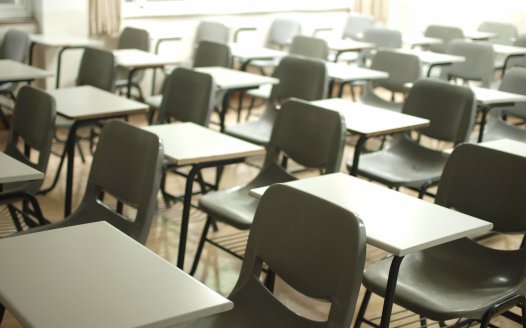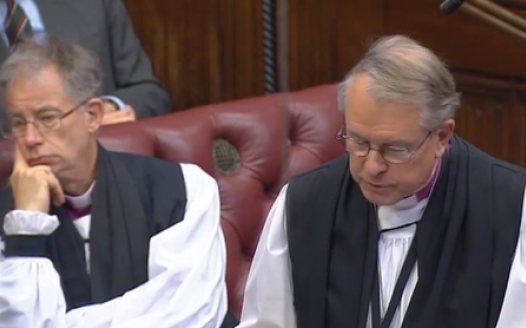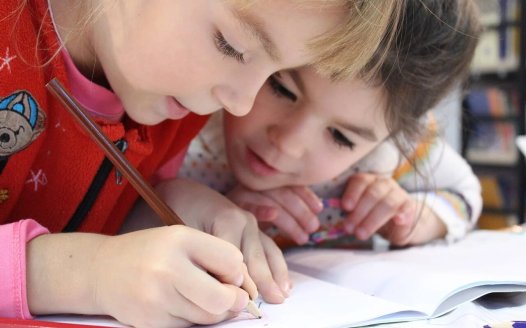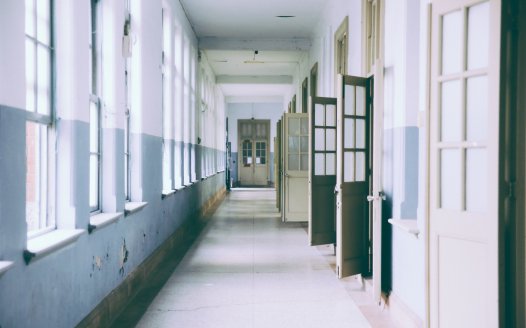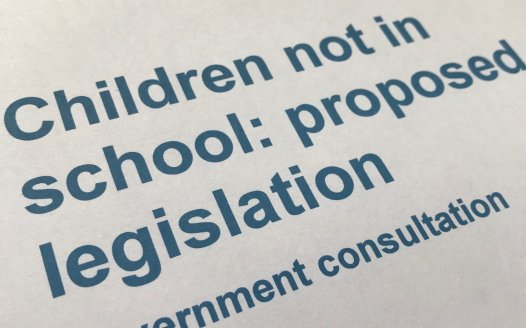NSS supports plans to regulate unregistered schools
Posted: Wed, 13th May 2020
The National Secular Society has expressed support for plans to regulate settings providing full-time education to children and define what constitutes a school in England.
In a submission to a Department for Education consultation, the NSS said it "strongly" agreed that "any full-time setting providing education to children ought to be regulated".
The society also agreed that "what is 'full-time' and 'school' ought to be defined more clearly".
The DfE is proposing changes to the way independent educational settings are regulated, in an attempt to close loopholes which can allow those who run them to avoid registration.
The NSS has long worked to raise awareness of some religious groups' use of illegal schools and campaigned to protect the rights of children within them.
NSS response to other provisions
The DfE also plans to introduce a threshold for registration of 18 hours' education per week and to allow a faster legal process of deregistering failing independent schools in some circumstances.
In response the NSS said:
- The 18-hour threshold could be exploited. As a result a definition of an independent school may need to be "flexible and holistic", for example by taking into account the number of days a school opens across a normal school year.
- Enabling quicker deregistration would "help tackle the problem of schools going through repeated cycles of failure". The society highlighted concerns that some independent faith schools have repeatedly failed but continued to operate.
The DfE also proposes to link the need to register to children's attendance rather than the time spent on tuition, and only to require registration of education taking place during school hours.
The NSS also agreed in principle with these plans, but warned that flexibility was needed to account for the risk that bad actors could exploit loopholes.
NSS comment
NSS head of education Alastair Lichten said: "The fact that children are languishing in illegal schools in Britain is a scandal, and it's encouraging to see the government taking this issue increasingly seriously. Religious sensitivities mustn't be allowed to obstruct efforts to protect children's fundamental right to an education.
"The government's plans would enhance safeguarding and make it harder to indoctrinate children in unregistered schools. They are therefore largely welcome, although there are areas where they could be improved.
"These proportionate proposals would also provide clarity and reassurance for those institutions offering genuinely supplemental education."
Notes
- In 2018 two people were convicted of running an unregistered faith school for the first time. There have been a handful of subsequent convictions for running unregistered schools since.
- The DfE's consultation was suspended last week, shortly after the NSS submitted its response, due to the coronavirus outbreak.

